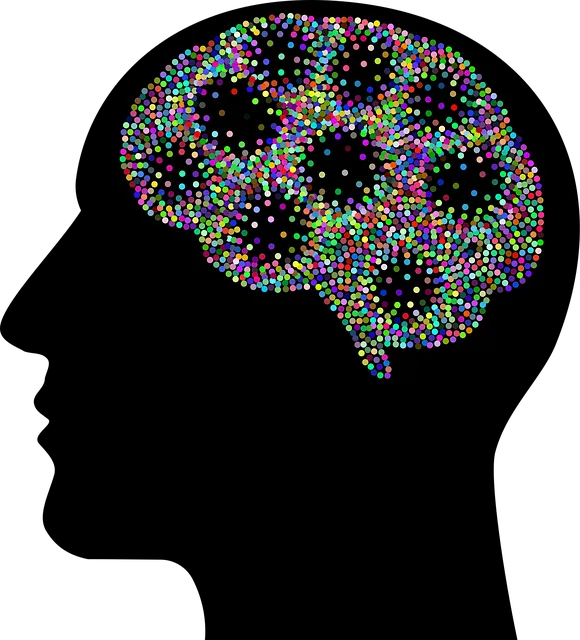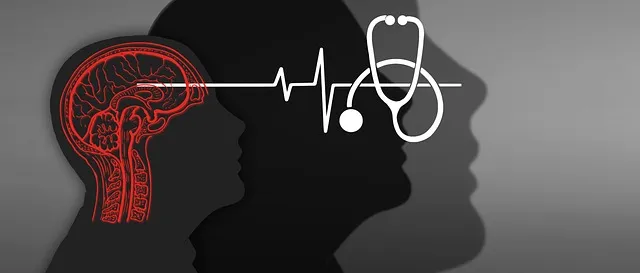Kaiser Permanente's Crisis Intervention Team (CIT) training in Northglenn equips professionals from psychology, social work, and nursing with skills to handle mental health crises. Using evidence-based practices, trauma-informed care, and Mental Health Policy Analysis, CIT members provide immediate de-escalation and long-term tailored solutions. The program emphasizes resilience building, safe spaces for trauma survivors, and comprehensive crisis management through role-playing, self-awareness exercises, and mindfulness meditation. Contacting the Kaiser Permanente behavioral health phone number in Northglenn accesses this vital resource for immediate assistance during mental health emergencies.
“Crisis intervention teams (CITs) play a vital role in our communities, providing immediate support during mental health crises. This article explores the importance of CIT training programs, focusing on the expertise offered by Kaiser Permanente Behavioral Health in Northglenn. We’ll delve into the key components effective CIT programs should include and highlight unique training methods employed locally. By examining real-world success stories, we aim to emphasize the profound impact these initiatives have on individuals and communities, with resources like the Kaiser Permanente behavioral health phone number in Northglenn serving as crucial touchpoints for support.”
- Understanding Crisis Intervention Teams: A Basic Overview
- The Role of Kaiser Permanente Behavioral Health in Training
- Key Components of Effective Crisis Intervention Programs
- Training Methods and Techniques for Northglenn Communities
- Real-World Impact: Success Stories from Local Programs
Understanding Crisis Intervention Teams: A Basic Overview

Crisis Intervention Teams (CITs) are specialized groups designed to provide immediate, focused support during mental health crises. These teams typically include trained professionals from various disciplines such as psychology, social work, and nursing, who collaborate to offer comprehensive care. At Kaiser Permanente behavioral health phone number Northglenn, for instance, CIT members are equipped to handle a range of situations, from suicide attempts to severe emotional distress.
Understanding Crisis Intervention Teams involves recognizing their role in facilitating Emotional Healing Processes. By implementing evidence-based practices and trauma-informed care, these teams aim to de-escalate crises while also addressing underlying mental health concerns. This approach, integrated with Mental Health Policy Analysis and Advocacy efforts, ensures that individuals receive not just short-term support but also long-lasting solutions tailored to their unique needs. Trauma Support Services are a crucial component of CIT training programs, emphasizing the importance of creating safe spaces and fostering resilience in those experiencing trauma.
The Role of Kaiser Permanente Behavioral Health in Training

Kaiser Permanente Behavioral Health, based in Northglenn, plays a pivotal role in crisis intervention team (CIT) training programs. They offer specialized resources and expertise to equip individuals with the skills necessary to handle mental health crises effectively. Their comprehensive curriculum focuses on empathy building strategies, fostering understanding and connection between responders and those in distress. By integrating Mental Health Policy Analysis and Advocacy into their training, Kaiser Permanente empowers CIT members to navigate systemic challenges and provide holistic support.
The resilience-building aspect of their programs is a game-changer, teaching participants how to recognize and manage their own stress while caring for others. This dual focus ensures that crisis intervention teams are not only equipped to respond to immediate needs but also prepared to advocate for long-term mental health solutions. Through partnerships with leading experts and community organizations, Kaiser Permanente Behavioral Health continues to revolutionize CIT training, making a tangible difference in the lives of both professionals and those they serve.
Key Components of Effective Crisis Intervention Programs

Effective crisis intervention team training programs are multifaceted, aiming to equip professionals with the skills needed to handle critical situations. Key components include comprehensive training in risk assessment and de-escalation techniques, ensuring team members can safely and calmly interact with individuals in distress. These programs also emphasize the importance of active listening and empathy building strategies, allowing interventions to be tailored to each individual’s unique needs.
Additionally, fostering inner strength development through practices like Mindfulness Meditation is integral. This not only enhances the team’s emotional resilience but also enables them to remain focused and present during high-pressure interactions. The Kaiser Permanente behavioral health phone number in Northglenn serves as a vital resource, providing support and guidance for those seeking help, while also underscoring the community’s commitment to accessible behavioral health services.
Training Methods and Techniques for Northglenn Communities

In Northglenn communities, crisis intervention team (CIT) training programs are designed to equip residents and first responders with essential skills for addressing mental health crises. These programs often incorporate a variety of interactive methods, including role-playing scenarios, self-awareness exercises, and crisis intervention guidance based on evidence-based practices. Participants learn how to de-escalate situations, recognize signs of distress, and provide effective support through practical training sessions.
The Kaiser Permanente behavioral health phone number Northglenn serves as a vital resource for those seeking immediate assistance or guidance during mental health emergencies. Training programs emphasize the importance of Mental Health Awareness, teaching individuals how to identify when someone might be in need of professional help. By combining theoretical knowledge with hands-on experience, these initiatives ensure that Northglenn communities are better prepared to handle crises and foster a culture of support and care for everyone’s well-being.
Real-World Impact: Success Stories from Local Programs

Crisis intervention team training programs have a profound real-world impact, as evidenced by success stories from local initiatives. One notable example is Kaiser Permanente behavioral health phone number Northglenn, which has been instrumental in improving community mental health outcomes. Through comprehensive training, local crisis teams equipped with advanced Stress Reduction Methods and Self-Awareness Exercises have successfully de-escalated critical situations, preventing potential tragedies.
These programs foster a sense of cultural competency among healthcare providers, enabling them to offer tailored support that respects diverse backgrounds and needs. The positive effects ripple through communities, promoting better mental health awareness and ensuring individuals in crisis receive the compassionate care they deserve.
Crisis intervention team training programs, such as those offered by Kaiser Permanente Behavioral Health in Northglenn, play a vital role in equipping communities with the skills to handle mental health crises effectively. By focusing on key components like de-escalation techniques and cultural competency, these programs empower individuals to make a real-world impact. The success stories shared highlight the positive outcomes of trained teams, demonstrating that investing in crisis intervention training is a game-changer for community well-being. For more information, be sure to check out the Kaiser Permanente behavioral health phone number in Northglenn for personalized guidance and resources.






